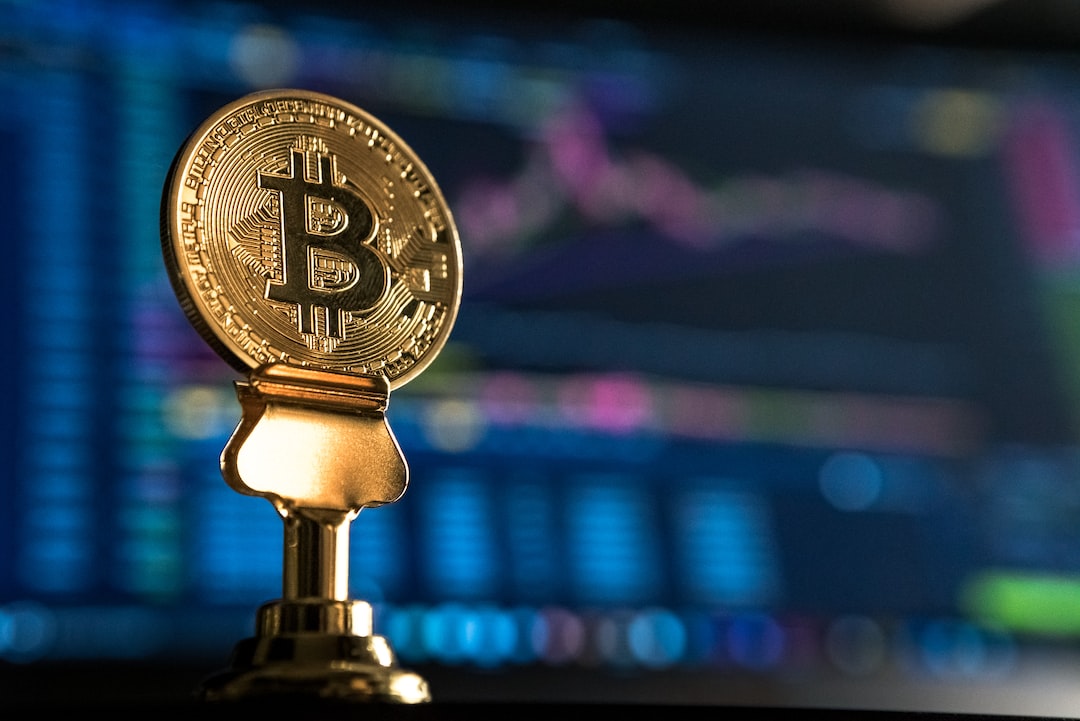FTX Court Saga: Former CEO Reveals Shocking Stories
Last week, the FTX court saga took an intriguing turn as Caroline Ellison, Sam “SBF” Bankman-Fried’s ex-business associate and girlfriend, shared some shocking stories about SBF’s control over the company. Ellison admitted to committing fraud during her tenure as CEO at Alameda under Bankman-Fried’s guidance. However, she placed the blame for the misuse of FTX user funds squarely on SBF, alleging that he was the one who “set up the systems” that allowed Alameda to take approximately $14 billion from the exchange.
Ellison disclosed that Alameda’s bad loans sparked market panic surrounding FTX, leading users to withdraw their funds. As a result, FTX temporarily halted withdrawals in an attempt to contain the situation, but the exchange ultimately collapsed within days. When an employee asked Ellison how FTX planned to reimburse its customers, she revealed that the crypto exchange intended to raise additional funds to fill the gap.
In court, Ellison also shared details about SBF’s aspirations to become the President of the United States, his readiness to “flip a coin and destroy the world,” and his efforts to attract investment from Saudi Crown Prince Mohammed bin Salman. Additionally, Gary Wang, former FTX chief technology officer, pleaded guilty to four charges, including conspiracy.
IRS Urged to Implement Crypto Reporting Requirements
A group of seven U.S. senators, including Elizabeth Warren and Bernie Sanders, has called on the Treasury Department and Internal Revenue Service (IRS) to swiftly enforce a rule mandating tax reporting requirements for crypto brokers. These requirements are set to take effect in 2026 for transactions occurring in 2025. The senators criticized the two-year delay in implementing these regulations and argued that it could result in an annual tax revenue loss of approximately $50 billion for the IRS. They also expressed concern that the delay would enable bad actors to evade their tax obligations.
DeFi Not Yet a Significant Risk in Europe, Says ESMA
The European Securities and Markets Authority (ESMA), the EU’s financial markets supervisory authority, recently published a report assessing the risks posed by decentralized finance (DeFi) to the EU market. In the 22-page report, ESMA acknowledges the potential benefits of DeFi, such as increased financial inclusion and the development of innovative financial products that enhance transaction speed, security, and cost-efficiency.
However, while warning about the risks associated with DeFi, ESMA concludes that at present, DeFi and crypto do not pose “meaningful risks” to financial stability in Europe. This is primarily due to their relatively small size and limited interconnectedness with traditional financial markets.
Hata Becomes Malaysia’s Fifth Approved Digital Exchange
Hata, a Malaysia-based company, has received preliminary approval from the Securities Commission Malaysia to register as a Recognized Market Operator for digital asset exchange and digital brokerage services. With this approval, Hata is expected to launch its services within six to nine months. Once operational, Hata will become Malaysia’s fifth regulated digital asset exchange and the first entity approved as a digital broker, enabling it to display trade orders from other regulated exchanges.
Hot Take: FTX Court Saga Unveils Damaging Revelations
The ongoing FTX court saga continues to expose shocking revelations about Sam “SBF” Bankman-Fried and his control over the company. Caroline Ellison’s testimony reveals allegations of fraud and points fingers directly at SBF for setting up systems that allowed Alameda to take billions from FTX. The market panic caused by Alameda’s bad loans led to FTX’s downfall, prompting questions about customer reimbursement. Meanwhile, the IRS faces pressure from senators to implement crypto tax reporting requirements promptly. The ESMA’s report on DeFi suggests that although the technology offers benefits, it currently poses no significant risks to financial stability in Europe. Lastly, Hata’s approval as a digital exchange marks a milestone for Malaysia’s crypto industry.





 By
By
 By
By
 By
By
 By
By

 By
By